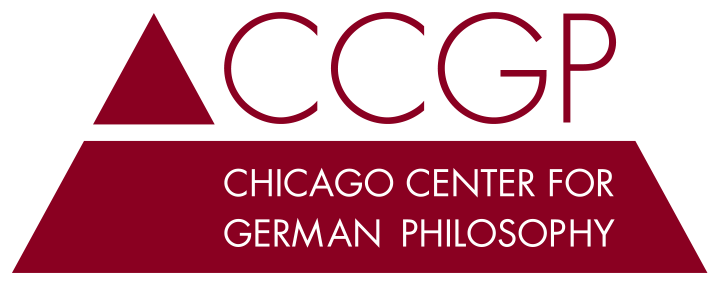9th International Summer School in German Idealism
Hermeneutics: Understanding Ourselves and Others
Organizers:
- Prof. Dr. Michael Forster
Chair in Theoretical Philosophy - Prof. Dr. Markus Gabriel
Chair in Epistemology, Modern and Contemporary Philosophy
Keynote Addresses/Visiting Professors:
- Prof. Dr. Christian Berner (Paris Nanterre)
- Prof. Dr. Taylor Carman (Columbia)
- Prof. Dr. Ana Carrasco-Conde (Madrid Complutense)
- Prof. Dr. Dr. h.c. mult. Manfred Frank (Bielefeld/Tübingen)
- Prof. Dr. Kristin Gjesdal (Temple)
- Prof. Dr. Jean Grondin (Montréal)
- Prof. Dr. Charles Larmore (Brown)
Course description:
This year’s summer school will focus on the tradition of hermeneutics that stretches from Herder and Schleiermacher to Heidegger and Gadamer. In particular, we will look at their various conceptions of what exactly it takes to understand others and ourselves, paying special attention to their theories of the interpretation of texts.
In the first week, we will examine what has been called “romantic hermeneutics”: the approaches developed by Herder, Schleiermacher, and Friedrich Schlegel that sought to enable discovery of an assumed original meaning. These approaches rested on two important breaks with assumptions commonly made by the Enlightenment: a rejection of the Enlightenment’s conviction in the universality of mental characteristics in favor of a conception of radical mental differences; and a rejection of the Enlightenment’s dualistic conception of the relation between language and thought/concept in favor of doctrines that assert the intimate interdependence, or even identity, of the two sides. Schleiermacher’s approach is the best known of the three and will accordingly receive especially close attention, but the contributions of Herder and Schlegel are of at least equal intrinsic importance, and will therefore be considered carefully as well.
In the second week, we will look at Heidegger’s and Gadamer’s conception of hermeneutics as a foundational discipline and its potential relevance for contemporary debates. Our focus will be on issues pertaining to the relation between self-consciousness and understanding; phenomenology and meaning-holism; and the relation between understanding different kinds of utterances (ranging from ordinary conversations to what Gadamer calls “the eminent text”) and the question of the objectivity of meaning. In this context, we will assess Heidegger’s and Gadamer’s meta-philosophical approach (hermeneutics as first philosophy) in light of various prominent criticisms of it (in particular, ones that come from so-called “critical theory”).
Applications:
Please send the following by April 1st, 2019 to: philosophy-summerschool@uni-bonn.de:
- CV of no more than 2 pages
- Statement of intent of no more than 1 page. Please mention in your statement whether you are interested in attending and participating in several seminars on the topic in German, which will be offered should demand warrant.
- Writing sample of no more than 2,000 words in either English, French or German.
- All students must in addition have at least one degree in philosophy.
- All texts and discussions will be in English.
- The course will be open to a maximum of 40 participants.
ICPH Fellowships:
The International Centre for Philosophy North Rhine-Westphalia will be offering several stipends for foreign graduate students to cover part of their traveling expenses and accommodations. To apply for a stipend, please send a short, separate letter outlining current funding status, financial need and projected travel expenses. Please note that there are no registration or course fees for the summer school.
Accommodation:
We will help all participants find accommodation in Bonn (youth hostel, hotel rooms). More information regarding housing will be made available soon. Please contact us at: philosophy-summerschool@uni-bonn.de. Participants will be responsible for meals outside official summer school dinners. All usual services (internet and library access, etc.) will be provided.
For more information, please visit: https://www.philosophy-summerschool.uni-bonn.de
